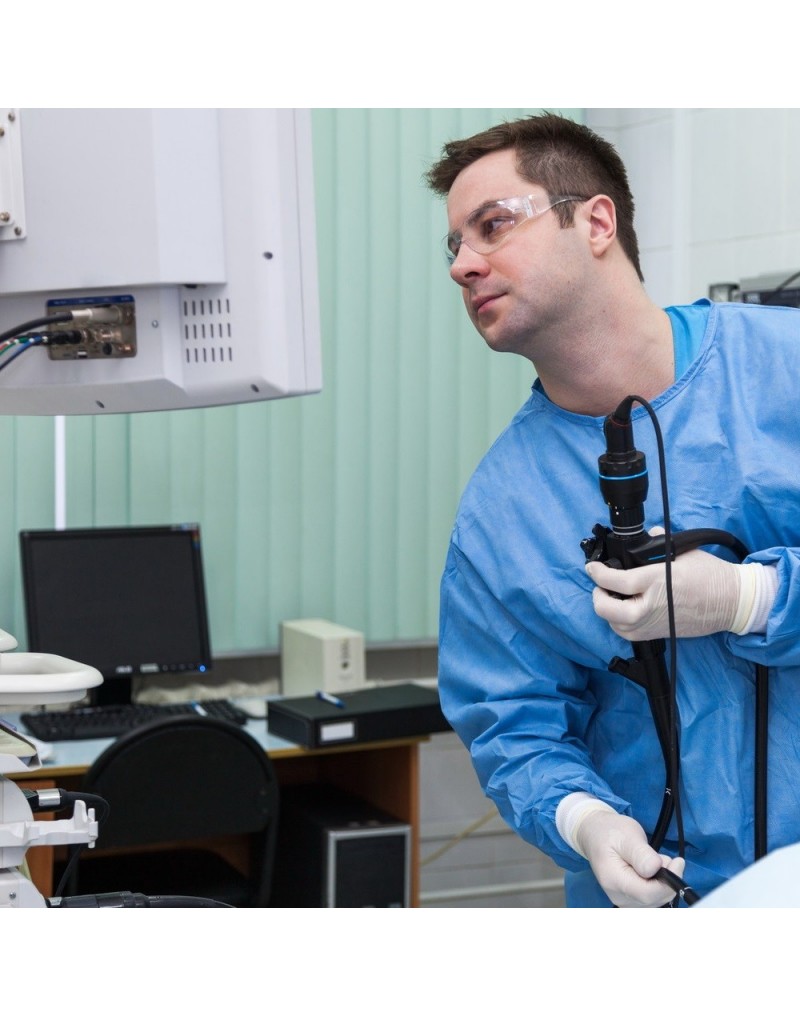
Images for illustrative purposes

Images for illustrative purposes
Endoscopic retrograde cholangiography (ERCP) is a specialized procedure to study the ducts of the gallbladder, pancreas and liver, (the ducts are drainage pathways) is used to treat stones, tumors or narrow areas and is performed through a endoscope, combines gastrointestinal endoscopy of the upper part of the digestive system and x-rays to treat bile duct and pancreatic duct problems.
During ERCP, the doctor inserts an endoscope through the mouth, advancing it into the esophagus and stomach into the duodenum (first part of the small intestine). The endoscope is a thin and flexible tube that allows the doctor to observe the inside of the digestive tract, once the doctor visualizes the common orifice of the biliary and pancreatic ducts, a narrow plastic tube called a catheter passes through the endoscope, until you reach the inside of the ducts, this allows you to inject a contrast substance into the ducts, to proceed to take x-rays and evaluate their structure.